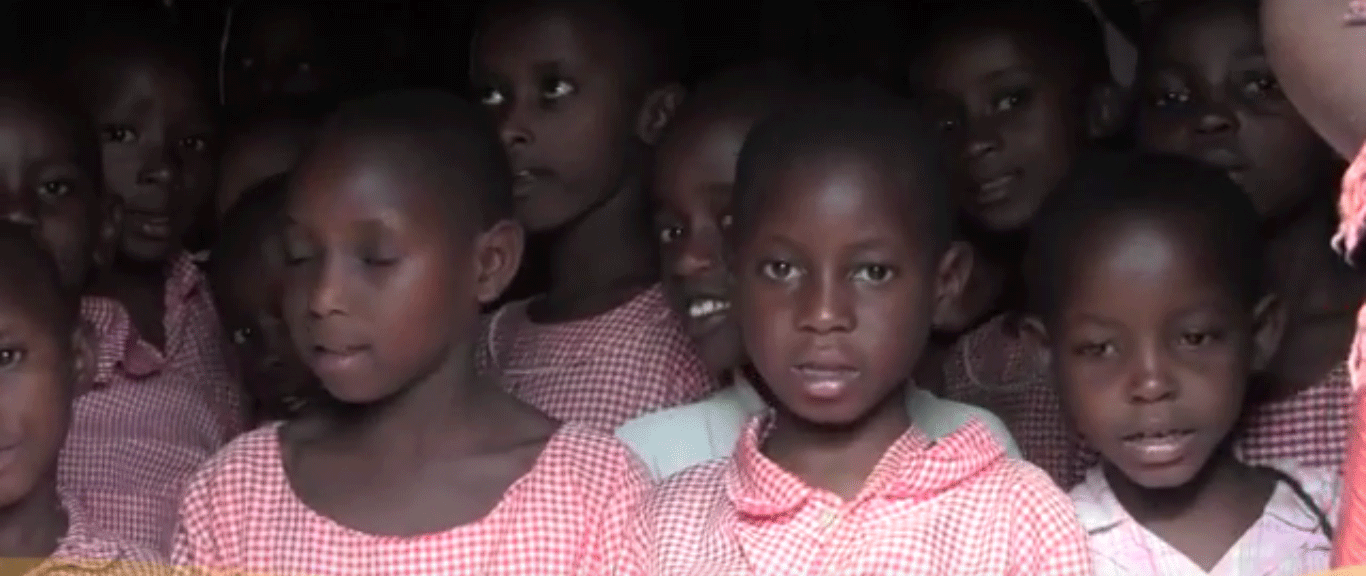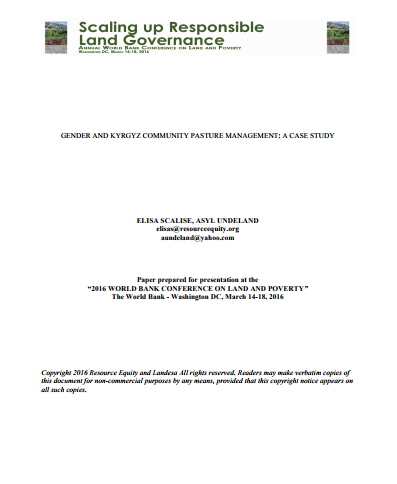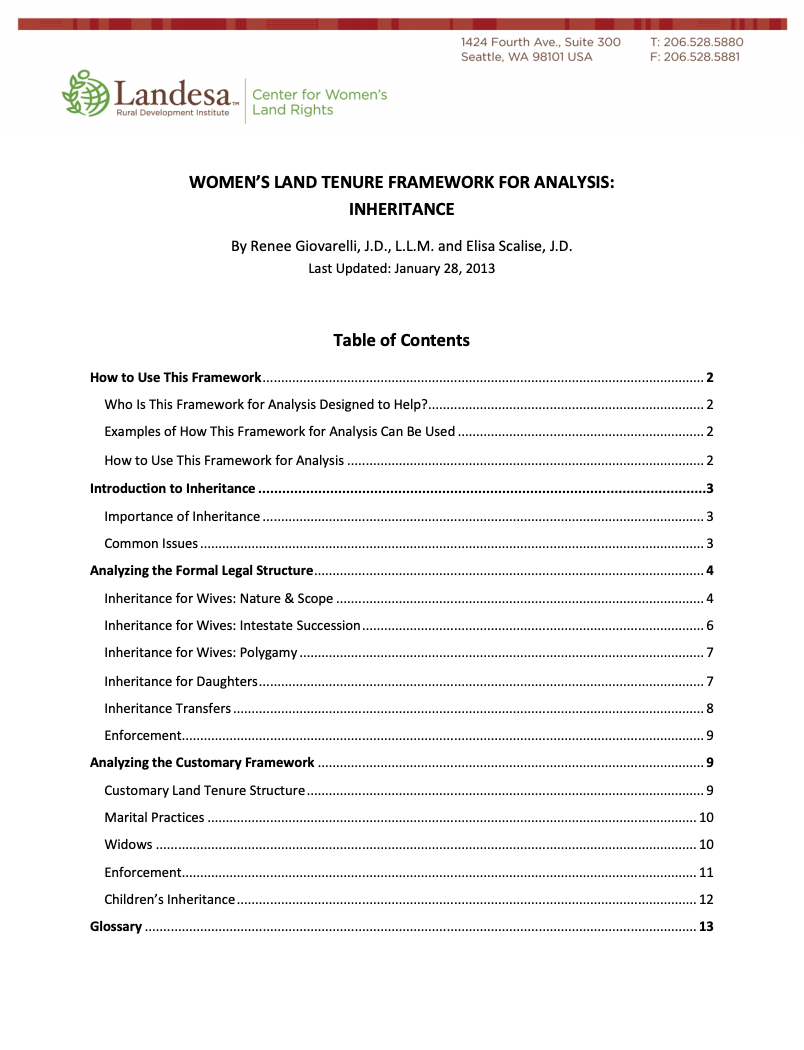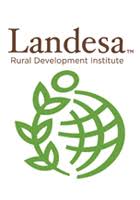About Landesa
Landesa partners with governments and local organizations to ensure that the world’s poorest families have secure rights over the land they till. Founded as the Rural Development Institute, Landesa has helped more than 105 million poor families gain legal control over their land since 1967. When families have secure rights to land, they can invest in their land to sustainably increase their harvests and reap the benefits—improved nutrition, health, and education—for generations.
Resources
Displaying 61 - 65 of 107Rose of Rwanda - Promoting Peace Project
Follow Rose, and see her impact, as she travels the Rwandan countryside educating communities about women’s rights to land.
GENDER AND KYRGYZ COMMUNITY PASTURE MANAGEMENT: A CASE STUDY
Kyrgyz pastureland make up the majority of land mass in the country and are an important resource for most rural people, providing good opportunities for economic growth and poverty reduction. Kyrgyz pastureland reforms devolved management of pastures to local level pasture committees. This case study looks at promising practices and lessons learned from an intervention related to those reforms, that seeking to both promote community management of pasturelands and also promote the interests of women within those communities.
Women's Land Tenure Framework: Inheritance
The Landesa Center for Women’s Land Rights developed the Women’s Land Tenure Framework to assist anyone who is interested in understanding the complex issues associated with women’s land rights — officials, grassroots organizations, international technical advisers, policymakers, development practitioners, women’s rights advocates, land rights advocates, people who are developing programs to assist women farmers, people who are concerned with food security, and others.
Women Gaining Ground: Securing Land Rights as a Critical Pillar of Climate Change Strategy
A call to action including: securing women’s rights to land and natural resources, including within communities; ensuring women’s meaningful participation in decision-making and dispute resolution related to access, use, control, and management of land and natural resources; identifying and supporting research and sex-disaggregated data collection related to climate change and women’s land rights.
WOMEN'S LAND RIGHTS GUIDES FOR DEVELOPMENT PRACTITIONERS
The Landesa Center for Women’s Land Rights has created four new practice guides, which are practical resources for development practitioners, researchers, lawyers, advocates, and scholars to assess the situation for women’s land rights in three countries: Kenya, Tanzania, and Uganda. They address both the formal legal structure and the customary framework that impact women’s secure access to land. A fourth guide, International Agreements and How to Build a Legal Case for Women’s Land Rights, provides insights and guidance on using international conventions (e.g.









